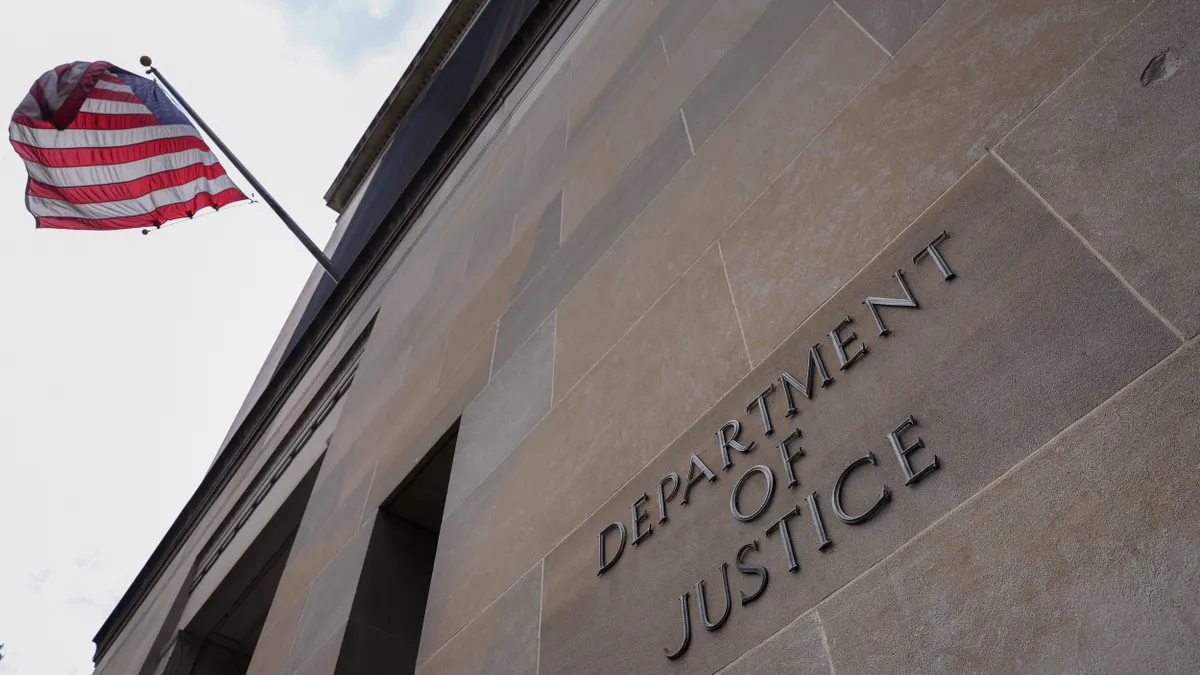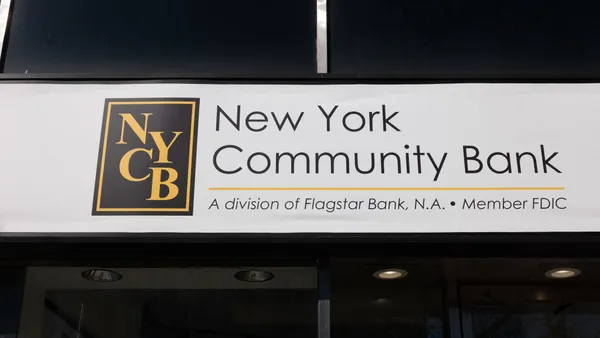The Justice Department has moved to terminate a 2022 redlining consent order against New Jersey’s Lakeland Bank more than two years ahead of schedule, court documents show.
Lakeland Bank, which was acquired by Provident Financial Services last spring, agreed to pay more than $13 million to settle redlining allegations in September 2022.
The DOJ ordered the bank at the time to invest $12 million in a loan fund for Black and Hispanic residents, spend $750,000 on advertising, outreach and consumer education; and dole out $400,000 to develop community partnerships geared toward increasing minority access to residential mortgage credit. Lakeland entered into a five-year consent order set to dissolve in September 2027, save modifications proposed by either party and approved by the court.
When Provident acquired Lakeland, it assumed responsibility for the requirements of the consent order; and on May 28, the DOJ advised the court that the bank “has demonstrated a commitment to remediation and has reached substantial compliance with the monetary and injunctive terms of the Consent Order.”
“As part of its motion, the DOJ further states that Provident has committed to continuing its disbursement of the mortgage loan subsidy fund and to provide the United States confirmation of that disbursement upon completion,” Provident spokesperson Keith Buscio told Banking Dive via email. “Provident acknowledges the benefit of the mortgage loan subsidy to underserved communities and, in the event the DOJ’s motion is granted, will commit to spending the remaining amount under the subsidy.”
The DOJ’s move to terminate the consent order follows its action late last month to terminate another redlining consent order – against Jackson, Mississippi-based Trustmark Bank.
The DOJ looks to be following in the footsteps of the Consumer Financial Protection Bureau, which said in April it would shift its focus away from fair lending cases based “solely on statistical evidence and/or stray remarks that may be susceptible to adverse inferences.” The CFPB will only pursue lending law matters with “proven actual intentional racial discrimination and actual identified victims,” it said.
Economic justice nonprofit New Jersey Citizen Action Executive Director Dena Mottola Jaborska said Monday that the motion to terminate the consent order in the Lakeland case is “yet another example of how the Trump administration has no respect for the law or the needs of low-and moderate-income communities, and in particular the needs of people of color.”
“It’s unconscionable that the Department of Justice would vacate its own consent order to a bank that violated the law by denying black and brown families equitable access to homeownership and other critical financial tools,” Jaborska said in a prepared statement.
NJCA sister organization New Jersey Citizen Action Education Fund filed an affidavit for an amicus brief in federal court to halt the termination Monday.












